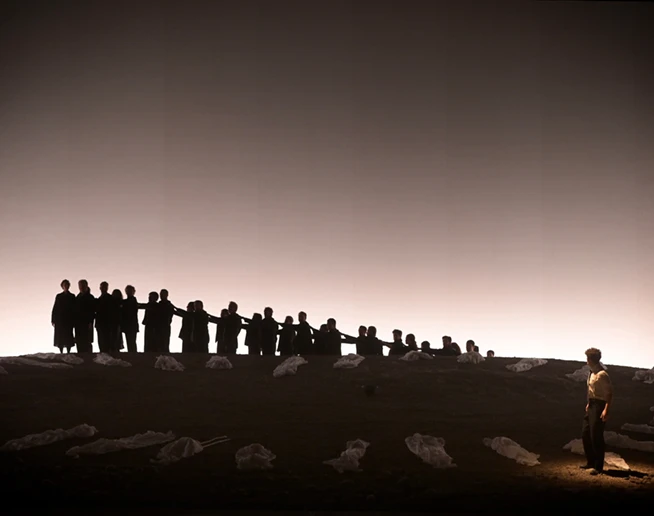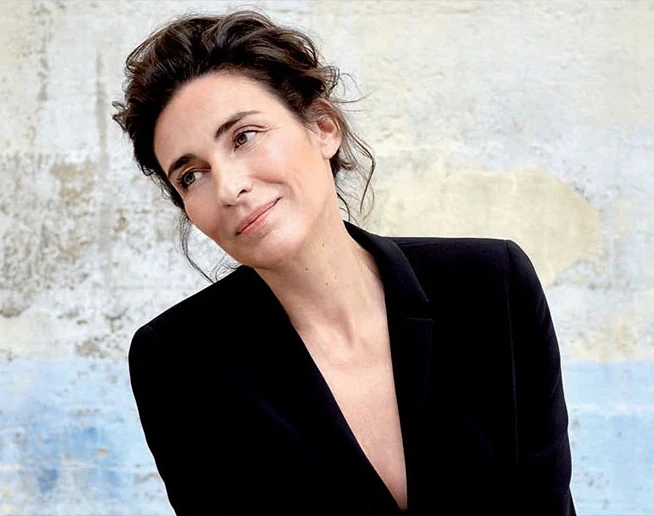Iphigénie en Aulide
Christoph Willibald Gluck
Iphigénie en Aulide is one of the most dazzling works by Gluck, the last representative of the French Grand Siècle.
Dates
Judith van Wanroij | Iphigénie
Stéphanie D’Oustrac | Clytemnestre
Cyrille Dubois | Achille
Tassis Christoyannis | Agamemnon
Jean-Sébastien Bou | Calchas
David Witczak | Patrocle / Arcas / A Greek
Anne-Sophie Petit | First Greek woman
Jehanne Amzal | Second Greek woman
Marine Lafdal-Franc | Third Greek woman
Julien Chauvin | direction
Le Concert de la Loge
Les Chantres du Centre de musique baroque de Versailles | artistic direction Fabien Armengaud
Sung in French with French and English subtitles
About
Gluck changed the history of opera forever, marking the transition from the baroque to the classical era. He arrived in Paris in the autumn of 1773. With the support of Marie-Antoinette, who had been his pupil in Vienna, and the encouragement of Antoine Dauvergne, one of the directors of the French Royal Academy of Music, Gluck made it his mission to renew the French opera genre. His project was based on Racine’s tragedy inspired by the play by Euripedes. He believed it contained the necessary material to develop a character-based work with multiple issues and conflicts of interest. Although the work is imbued with the grandeur and gravitas peculiar to French opera, it also offers novel elements in the writing in which the orchestra assumes a new importance by introducing and commenting on the action like the choruses in Greek tragedy. Julien Chauvin has surrounded himself with a splendid team of singers to deliver this Iphigénie, which it will be particularly interesting to compare with works by Gluck’s predecessors Lully, Charpentier and Rameau presented this season, thus offering a unique panorama of French opera in the Grand Siècle.
Coproduction Théâtre des Champs-Elysées / Centre de musique baroque de Versailles / Association pour le Développement des Activités Musicales dans l’Aisne / Le Concert de la Loge
Opera broadcast by France Musique on 05 November 2022 at 8pm in "Samedi à l'Opéra".
This concert will be broadcast soon on the YouTube channel of the Théâtre des Champs-Elysées
Concert broadcasted on Mezzo (date to be announced)



